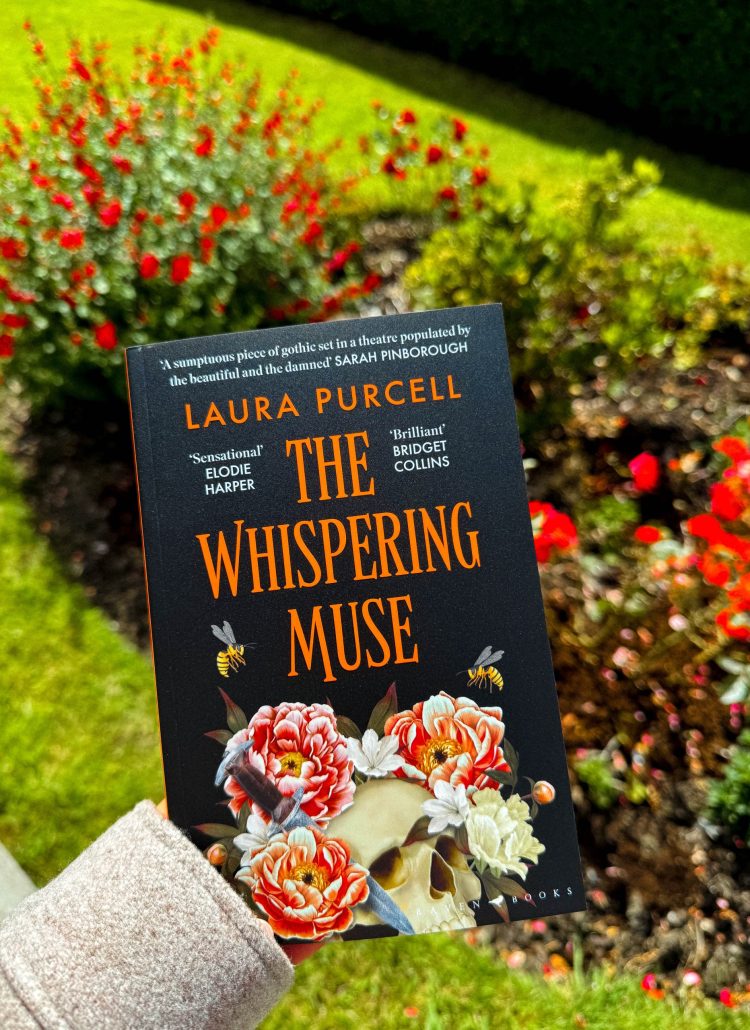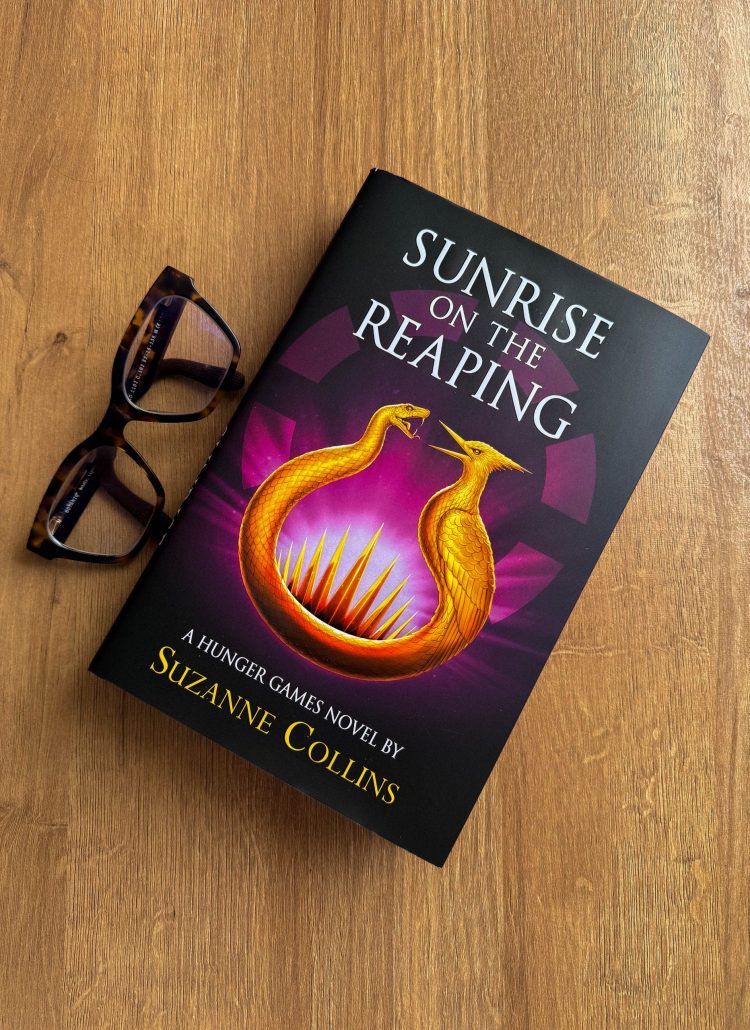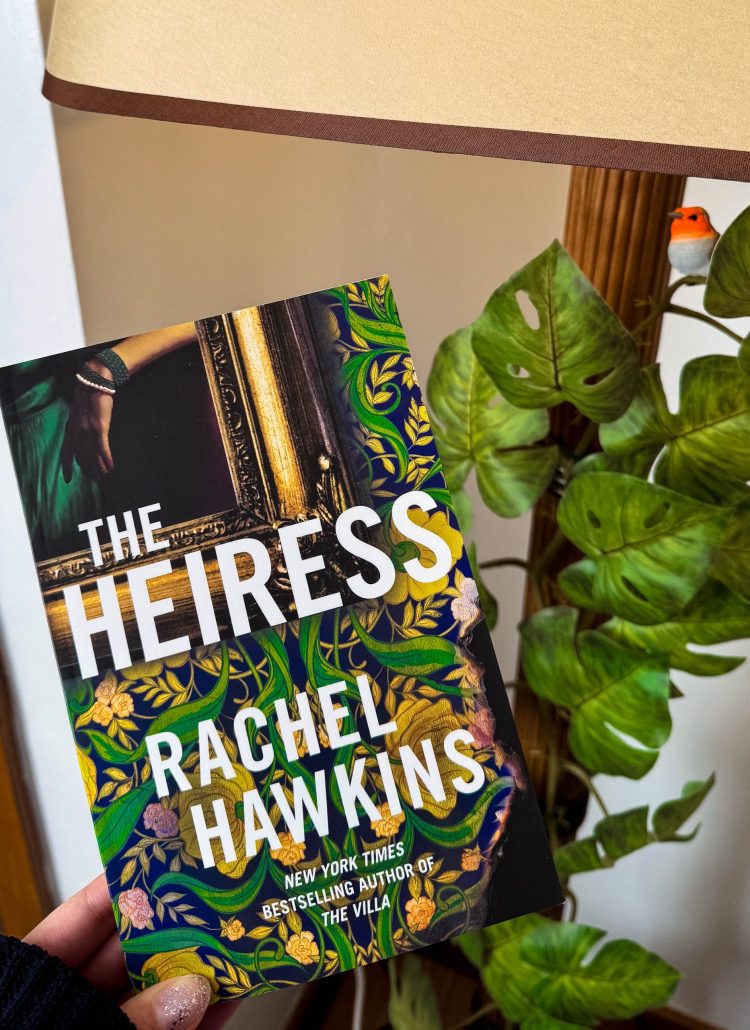Born into an oppressive colonialist society, Creole heiress Antoinette Cosway meets a young Englishman who is drawn to her innocent sensuality and beauty. After their marriage, disturbing rumours begin to circulate, poisoning her husband against her.
Caught between his demands and her own precarious sense of belonging, Antoinette is driven towards madness.

OUR GARDEN WAS LARGE AND BEAUTIFUL AS THAT GARDEN IN THE BIBLE – THE TREE OF LIFE GREW THERE. BUT IT HAD GONE WILD. THE PATHS WERE OVERGROWN AND A SMELL OF DEAD FLOWERS MIXED WITH THE FRESH LIVING SMELL. UNDERNEATH THE TREE FERNS, TALL AS FOREST TREES, THE LIGHT WAS GREEN. ORCHIDS FLOURISHED OUT OF REACH OR FOR SOME REASON NOT TO BE TOUCHED. ONE WAS SNAKY LOOKING, ANOTHER LIKE AN OCTOPUS WITH LONG THIN BROWN TENTACLES BARE OF LEAVES HANGING FROM A TWISTED ROOT.
It seems like just yesterday a teen Samantha was sat, a sea of highlighted notes and excerpts surrounding her, fervently attempting to break down Charlotte Brontë’s Jane Eyre into short sections of themes and key quotes in preparation for A-Level exams. These days, I can scarcely glance at Michael Fassbender’s face without getting war flashbacks to the time I religiously re-watched the Cary Fukunaga 2011 movie adaptation in which he played a somewhat swoon-some Mr Rochester. I got 91% on that exam and now consider myself an aficionado when it comes to 19th Century Victorian attitudes to Christianity.
Wide Sargasso Sea is essentially Jane Eyre fan-fiction, albeit one considered a literary classic, which revolves around Rochester’s first wife, Bertha. Infamous for being ‘Madwoman in the Attic’ who is a threat to Jane and Rochester’s romance in Brontë’s work, Jean Rhys gives Rochester’s ‘mad’ ex a voice by showcasing her past and her mental decline. Something Brontë failed to do.
Upon hearing Jean Rhys’ intent to explore Bertha’s possible backstory, I was very excited to dive in. However, I found the result rather underwhelming. I can understand why it is heralded by the literary community, but at the same time Jean Rhys’ writing style just failed to transfix me. The narrative is reliant on fragments of dreamy visions, broken sentences and multiple first-person narrators which is meant to create a sense of disorientation for the reader and it did just that. I found it incredibly difficult to navigate and at times, it felt quite clunky.
I feel like Jean Rhys had good intentions in telling Bertha’s story, but the execution could have been much better. It was too confusing and quite frankly, the reason why she goes mad – because the evil Rochester cheated on her and didn’t give her enough love – didn’t feel entirely believable when we compare to the end result which is the state we see Bertha in Brontë’s novel.
Here I was hoping to relive sweet A-Level memories of set texts past and instead I got an absolute headf*ck. I battled through this dosed up on painkillers after suffering an acute stroke earlier this week and even I couldn’t make sense of the delirium on these pages! At least it’s given me a valid reason to revisit the movie again…





Leave a Reply